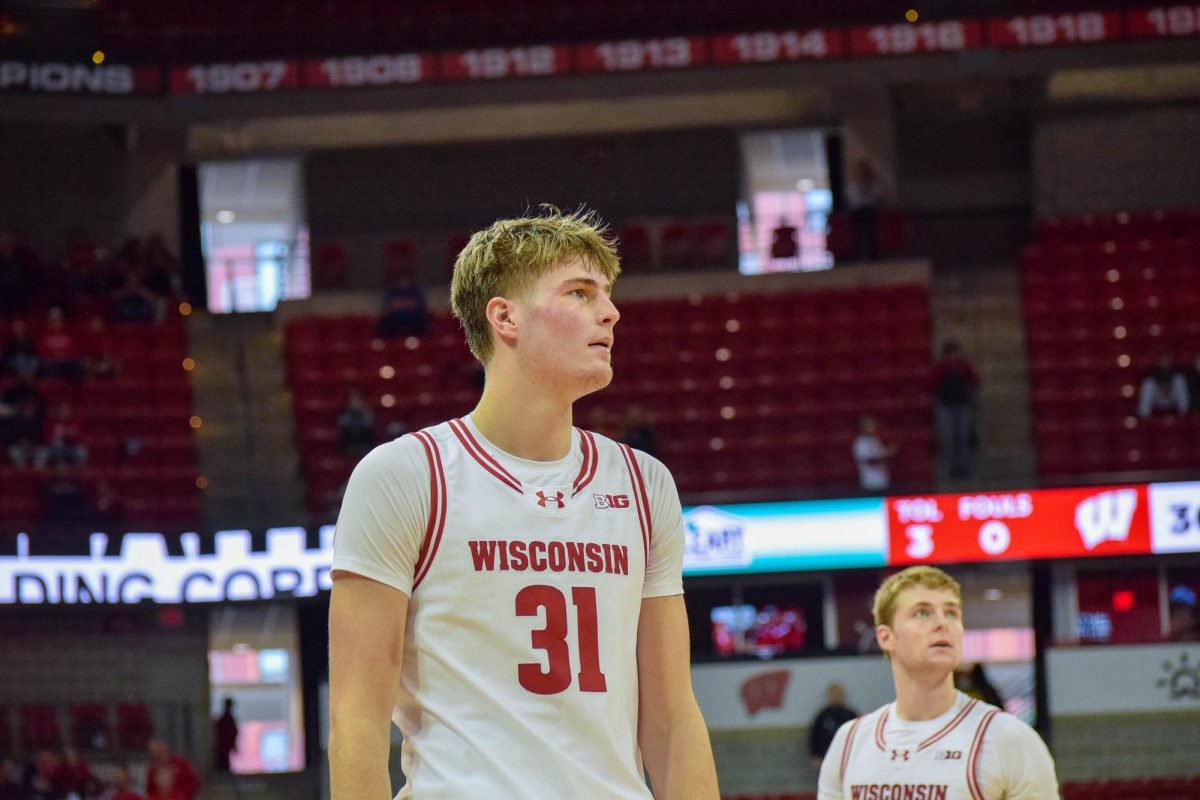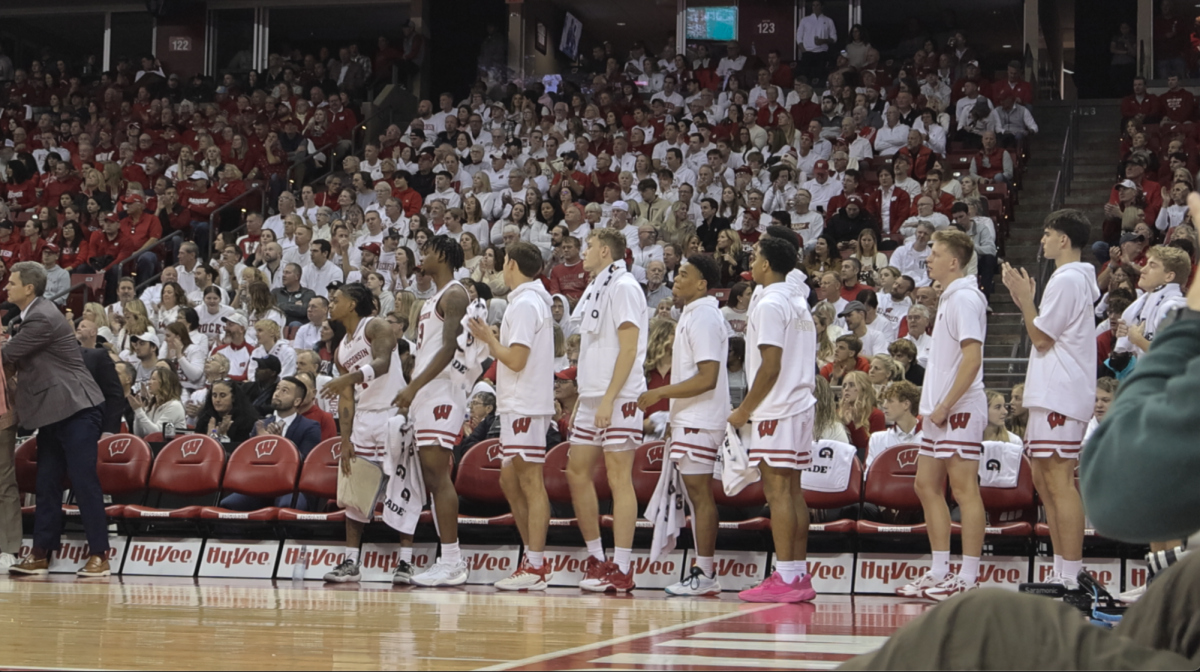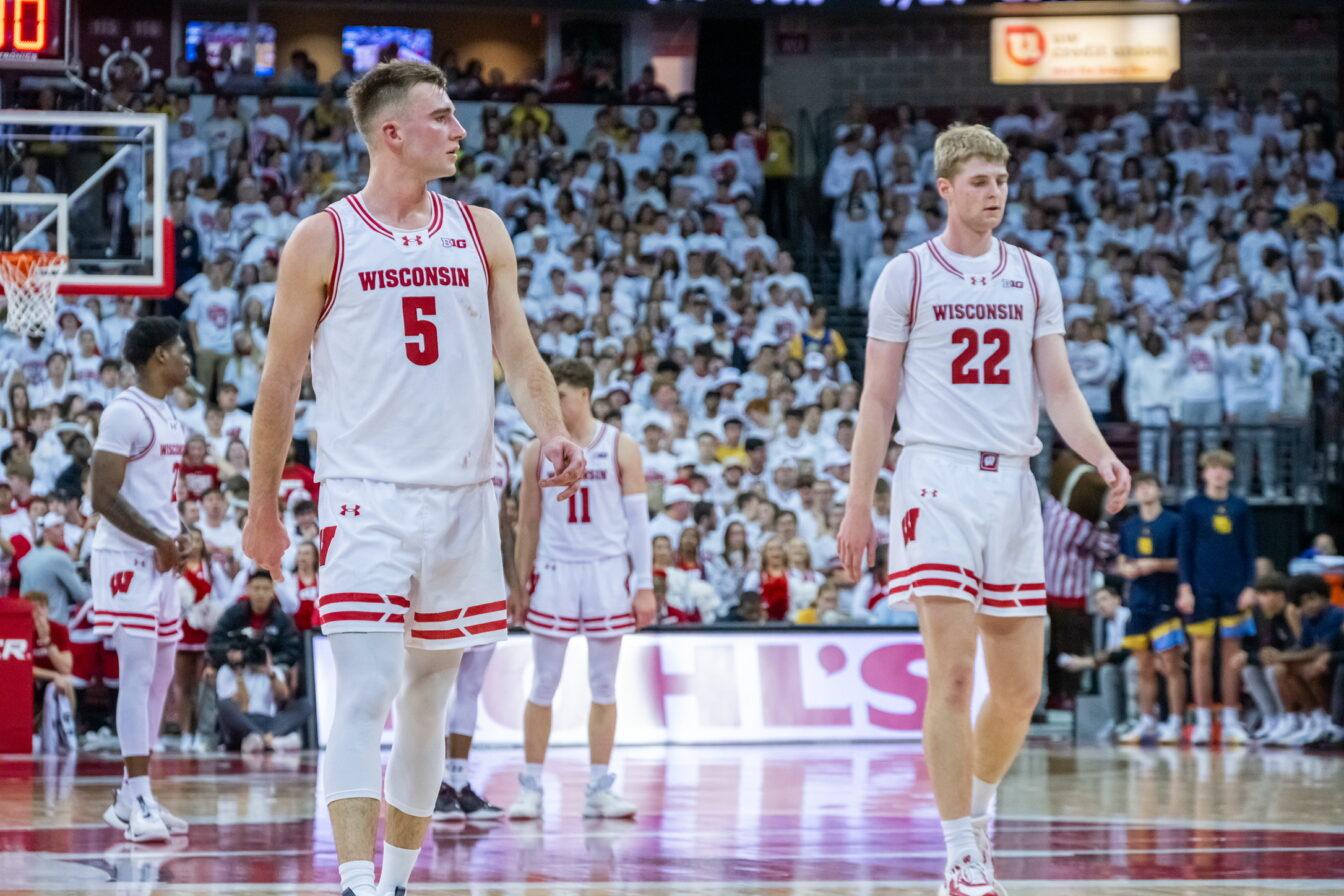I'm not asking anyone to care about NASCAR — to most of us it's a bunch of yokels making left turns for hundreds of miles while thousands of hillbillies get drunk on cheap beer and smoke free cigarettes. But if the stagnating sport can devise ways to find more unique stars, the rest of us just might start paying attention. NASCAR is about to smash into a glass ceiling for popularity, and executives must know that it faces an impending crisis. (This was made painfully obvious by the "Muhammad Ali" car gimmick a few years back.) Sure, it has started to expand its base beyond the Confederate states — and the other half of the schedule for its premier "Nextel Cup" series has been picked up by ESPN after NBC's miserable on-track team finally bailed out. But no matter how you slice it, the sport can't grow much longer without any notable minority stars. This deficiency alone makes the sport seem racist to black and Hispanic folks around the country, and the Confederate flags in too many infields don't help their cause much either. A sign of Southern heritage? Get over it. It was a battle flag for a war in which one of the catalysts was the preservation of slavery. If these people want to display a Confederate flag, they might as well wear this sign: I am an ignorant hick. Because that's all most people see. Banning the Confederate flag from every track would be a welcome gesture for the sake of diversity. So why hasn't NASCAR been able to attract many minority drivers? Primarily, it's the culture and logistics of the sport. This isn't like basketball when any kid with a milk crate and a ball swiped from the school playground can practice enough to learn the basics. Plus, experts don't recommend racing tiny cars around in the middle of the street. Further, it doesn't have an extensive network of training grounds — like Little League Baseball — that is embraced by parents from all walks of life. Racing takes a unique culture. Good drivers have to start young, in go-carts and on dirt tracks. Most have a parent or relative pushing hard — making repairs late into the night and studying turn progressions. The minority populations that live in inner cities just don't have regular access to these facilities. In addition, to get the resources to race competitively over a long period of time, you've just got to know somebody. And in a sport dominated by drivers and gatekeepers from rural white America, the odds are slim that even a highly talented black driver would work his way to the top. The talent pool is just that shallow. Even if a superstar minority driver did work his way to the top and gained some media attention, it would still take another generation of homogeneity for those inspired by this breakthrough driver to work through the amateur ranks (See: Tiger Woods' inner-city golf camps). So what can NASCAR do to increase its market share and gain some much needed anti-fad insurance? How do you get kids in poor inner-city neighborhoods onto the track often enough to seriously compete? A sort of Marshall Plan for NASCAR seems to be the only option. Executives need to set up a network of Little League-like organizations to recruit at schools and use their influence to force local racetracks to host these events. To expand this pilot program, NASCAR should set up state racing championships like high school basketball, so kids can represent their neighborhoods or towns on a bigger stage — with more than personal pride on the line. Plus, parents prefer to sign kids up for team sports, where they can build social networking skills. There is no reason NASCAR can't be perceived as a team game on a local level. Of course, parents who are unfamiliar with the sport will be worried about the inherent danger of whipping around a track at high speeds. So to get wary parents on board, NASCAR must frame their new racing leagues as a way to give impressionable young people something cool to do after school. Even kids who are less athletically inclined will have a chance to get the rush of competition and will have less exposure to the temptations of inner-city life. There will be no shortage of kids who want to race each other in carts after school everyday, and this enthusiasm will make the talented drivers evident very quickly. Because such a league would cost too much for schools to run, it must be run tightly by NASCAR itself. They should even go as far as securing local sponsors for these kids themselves, to keep the young talent from becoming discouraged by the cutthroat business climate of the racing world. If NASCAR brass makes this sizable investment, they will reap the rewards of a sport with endless opportunities for growth, as becoming a Nextel Cup driver will be an attainable dream for Americans who haven't grown up near the track. Bassey Etim ([email protected]) is pissed off that he had to play basketball against giants when he was a kid, and would much rather have spun them out, run them into a wall, or needlessly blocked them — just keep 'em off the lead lap. He is also Opinion Editor for The Badger Herald.
Categories:
NASCAR needs in-roads to cities
by Bassey Etim
March 9, 2007
Advertisements
0
Donate to The Badger Herald
Your donation will support the student journalists of University of Wisconsin-Madison. Your contribution will allow us to purchase equipment and cover our annual website hosting costs.
More to Discover







